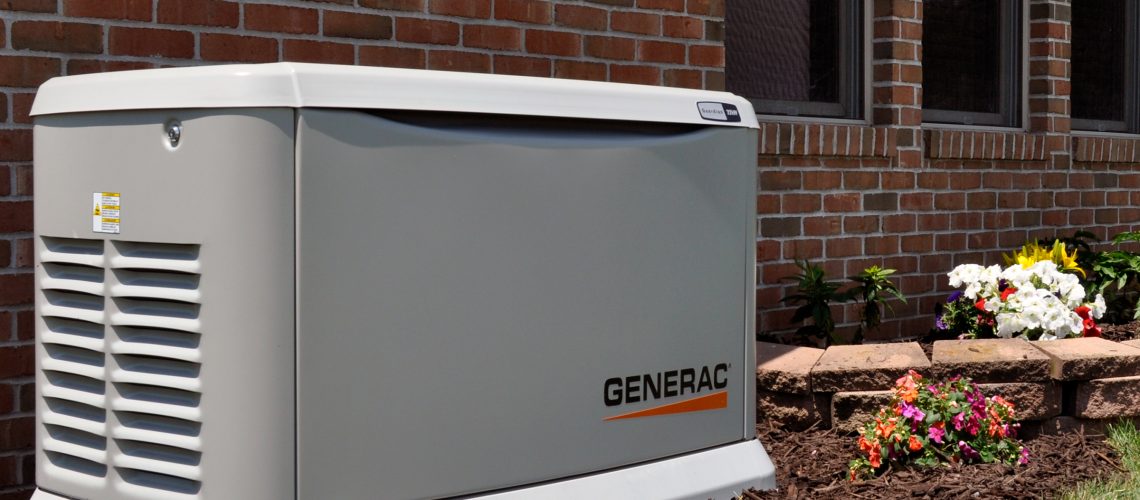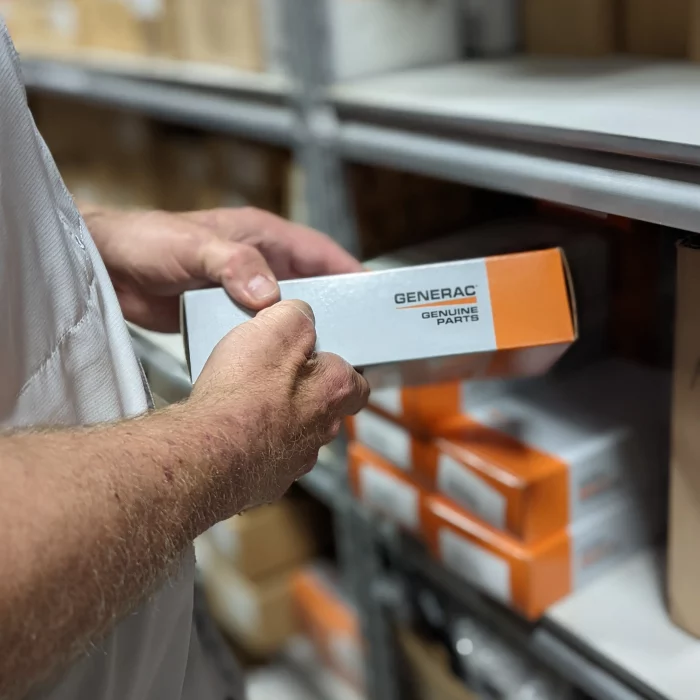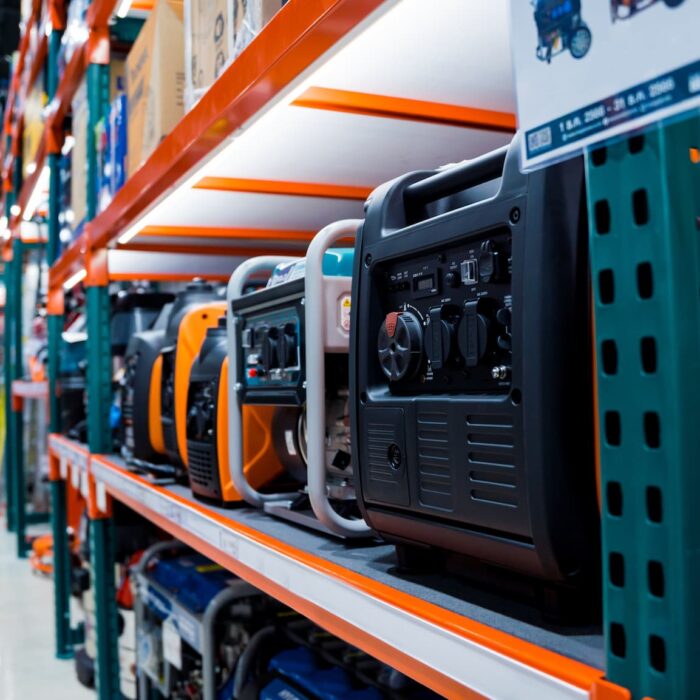Most people don’t think about a reliable source of backup power until it suddenly isn’t available. Don’t wait until it’s too late. Whether you need to run your entire home in case of a power outage or ensure you have a few key appliances working, the right generator will keep things running. But how do you know what type of generator will meet your needs? At Generator Supercenter, we have helped many people select the perfect generator for them. Here’s what you need to know when picking a generator to use at home.
Types of Generators
There are different kinds of generators because each one fulfills a unique role. Here are some of the main options to choose from
Inverter Generator
This small, portable model has an onboard inverter, so it can produce 120-volt AC power. These models are generally quiet and compact but don’t produce much power.
Portable Generator
A little larger than an inverter, a portable generator is usually on wheels and easy to move around. This type generally runs on gasoline. It’s an affordable option, but it doesn’t produce much power.
Solar Generator
This generator creates electricity from sunlight. Most of the time, it is simply a battery that can be charged with solar power. It can be a handy item to have around, but you must be sure it’s fully charged when you need it.
Standby Generator
This large, permanently installed generator kicks in automatically when the power goes down. It’s usually fueled by propane. It’s more expensive than other options but much more functional and easy to use. It can power your entire house, and you don’t have to bring it out and set it up when the lights go out.
Power Requirements
To help narrow down your options, it’s important to consider precisely how much power you need. A portable generator may be enough for you if you just want to power up a few specific items. However, keeping close tabs on how much power you’ll need is important because even small appliances can add up quickly. Here are some of the power requirements for commonly used appliances:
- Refrigerator – 600 to 800 watts
- Sump pump – 1,200 to 2,200 watts
- Air conditioner – 500 to 2,000 watts
- Space heater – 700 to 1,500 watts
If your wattage needs are increasing, it’s a good idea to size up your generator rather than trying to cobble together enough small ones to meet the task. A generator that can deliver the power you need will be more functional and easier to use.
How Will It Be Used?
To pick the right generator for the job, you need a clear picture of what you want it to do. A larger generator may give you more power, but that’s not helpful if you only want to charge a few small appliances and need them to be portable. On the other hand, if you need to keep your whole house humming during a blackout, trying to get multiple small generators to cover all your needs will be complicated and time-consuming.
Once you know exactly what you need a generator to do for you, you will have an easier time finding the one that meets your needs.
How Big of a Generator Do I Need to Run My House?
You’ll need to do some calculations to calculate the generator size you’ll need. Add up the maximum combined wattage your appliances will demand simultaneously. This will give you a good idea of how much output you need from a generator. It is a good idea to speak with a knowledgeable professional you trust to guide you in this choice.
Trust the Reliable Power Supply of Generator Supercenter of Fort Myers
The experts at Generator Supercenter of Fort Myers are here to walk you through all your options. We would love to show you how we can help you have the peace of mind that comes with knowing your power needs are covered, no matter what. For more information, contact us today!





